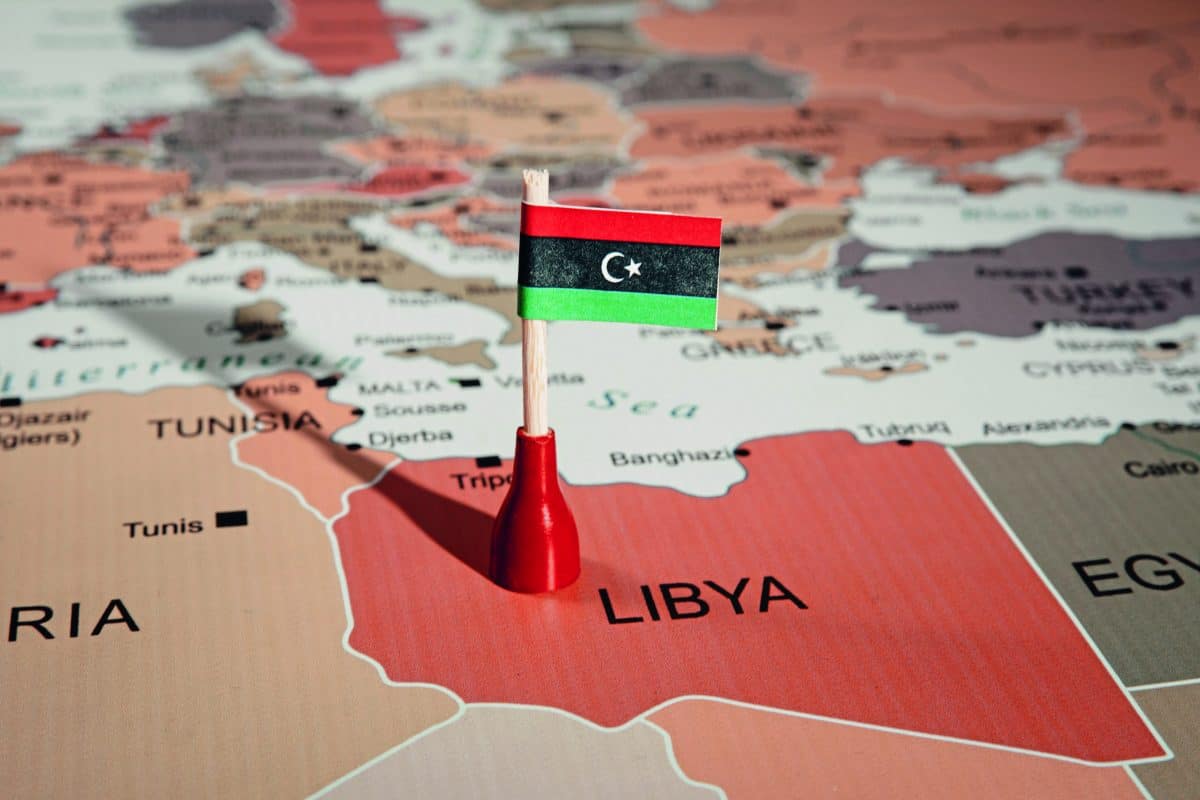Generation

Libya advances energy efficiency with new appliance standards

Libya has launched its first set of minimum energy performance standards (MEPS) and a national labelling programme, aimed at boosting energy efficiency and strengthening regulatory frameworks.
The initiative, funded by the EU and implemented through a collaboration between the Libyan Ministry of Planning, the Libyan National Center for Standardization and Metrology (LNCSM), and the United Nations Development Programme (UNDP), represents a key step in the country’s energy transition.
According to GlobalData, the programme introduces six national standards for household appliances, including refrigerators, air conditioners, and LED lamps, alongside a labelling system to guide consumers toward more efficient products and phase out energy-intensive, low-quality items. A digital energy efficiency platform has also been launched to support monitoring, ensure compliance, and inform future policy decisions.
Minister of Planning Mohamed Al-Zaidani said: “The introduction of these standards reflects Libya’s broader commitment to building a more transparent, efficient, and responsive energy sector. We are proud to work with national institutions and international partners to deliver practical reforms that serve the public interest, and we thank the EU for financing these efforts.”
LNCSM General Manager Ali Ben Zitoun added: “These standards and tools will strengthen consumer protection, raise product quality across the market, and help reduce overall electricity consumption, lowering household bills and carbon emissions. This demonstrates how the EU-Libya Energy partnership delivers tangible benefits to citizens.”
Libya now joins more than 120 countries with MEPS and labelling schemes, supporting climate objectives and energy efficiency. UNDP provided technical assistance throughout the process, including consultations, standard development, and institutional capacity building. Future plans include public awareness campaigns, market body training, and expanding standards to additional product categories.
Alongside efficiency measures, Libya continues to advance its renewable energy projects.
Utilities Middle East previously reported that the country aims to generate more than 20% of its electricity from solar and wind by 2025, preserving oil and gas for export and boosting state revenues.
Recent projects include the first 1 MW solar plant in Kufra, completed by Infinity Libya and Al-Jouf Free Zone, and the Sedadah solar station, scheduled for 2026 with a capacity of 500 MW, developed with TotalEnergies.
Officials are also collaborating with international partners to improve production and reduce gas flaring, making exports more flexible as Libya’s oil production currently reaches around 1.35 million barrels per day.












